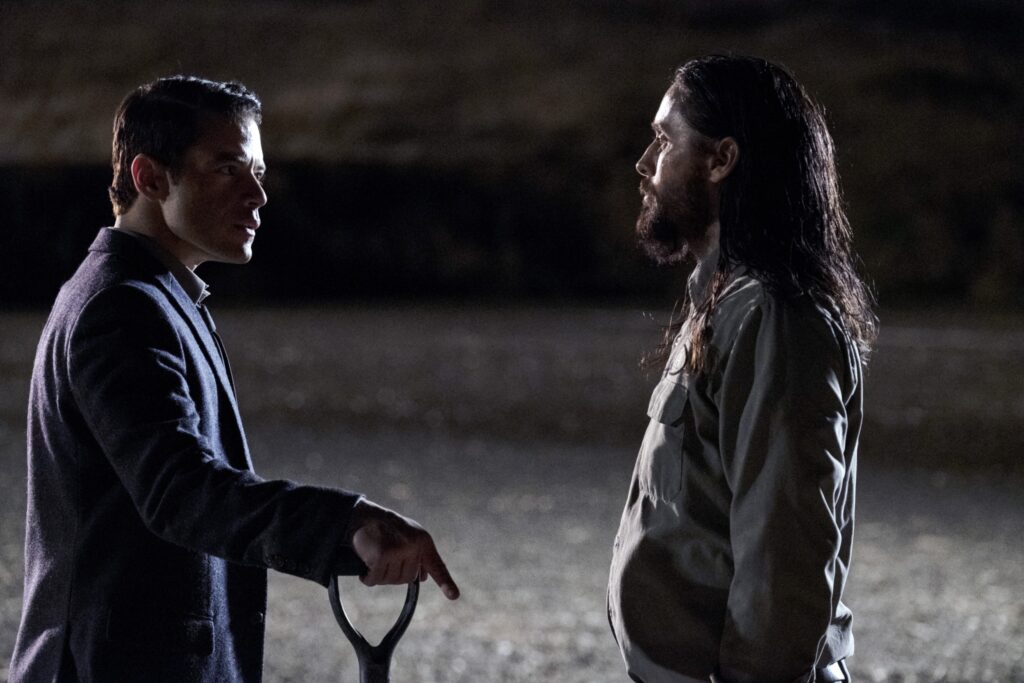The Little Things (2021) Review

If you’ve seen David Fincher’s Se7en, you’ve seen The Little Things. From a damaged protagonist to a mysterious antagonist, there is little difference between the two films. The production value and performances from the cast is undeniably great, but there’s not much left to the imagination of the story before you start to inadvertently compare this to better cop-noir-thrillers.
My Rating: 58%
Listen to my review on Scene-It Movie Reviews here.
SPOILERS
First focusing on performances, there’s no denying we’re dealing with three major league hitters as the leads. Remy Malick and Jared Leto have good performances but while Denzel Washington has a thorough story arc, at times it feels like he’s sleepwalking through his performance. While the film is trying to make us see the difference in his comfortability when Denzel’s character reaches his old stomping ground, it feels more like he’s playing two separate characters.
The next issue that’s unavoidable to see is the comparison to David Fincher’s Se7en. When this is broken down to his bare bones, The Little Things is almost a play-by-play, paint-by-numbers Se7en template. Washington is Morgan Freeman, Malick is Brad Pitt and Leto is the same type of enigma Kevin Spacey turns out to be once his character shows up.
Once we get to the final act and twist of the movie, there’s still no originality in the story. Is Leto the killer or just an innocent man intrigued with police business. It tries to be this film noir type of story but by the end it’s more of a psychological toll that’s been put on these police officers but it’s tone deaf and feels like a lazy solution.
For a movie that feels like it was made for the 90s, I’m shocked no one decided to change the way this film ends with the entire police force faking an accidental murder so one of their own doesn’t face any sort of consequence besides being ostracized from town. I’m not really sure how we’re supposed to feel empathy for his character and at the end, he just brings another cop down with him and because he knows how dark and depressing it is to be in that mental state, Washington tries to put Malick’s thoughts at ease by faking a conclusion to their mystery. So not only is this a feel good movie, there’s no one to root for. Did we catch the bad guy or does it not matter? Is it more important for cops to get the proper mental stability in order to handle these murder cases? The film isn’t clear and I don’t feel they were even trying to answer some of those questions. They were more worried in showing how much inspiration David Fincher made them want to create film than to actually tell a good story.
